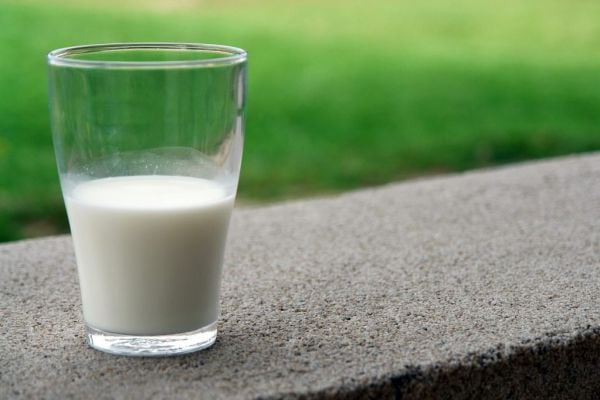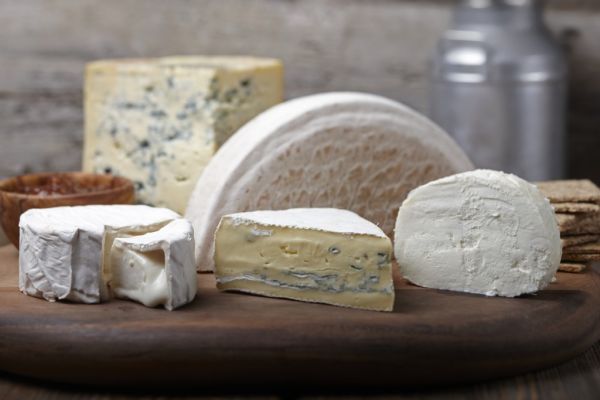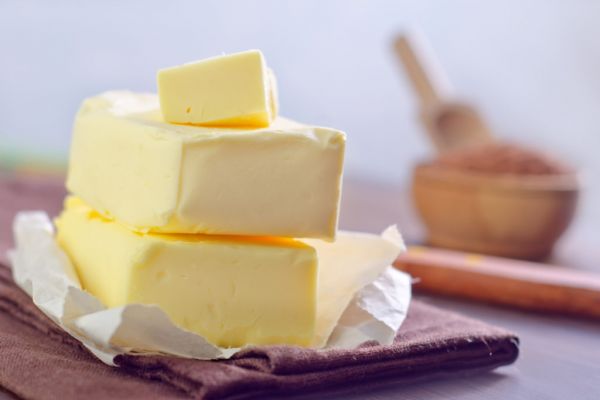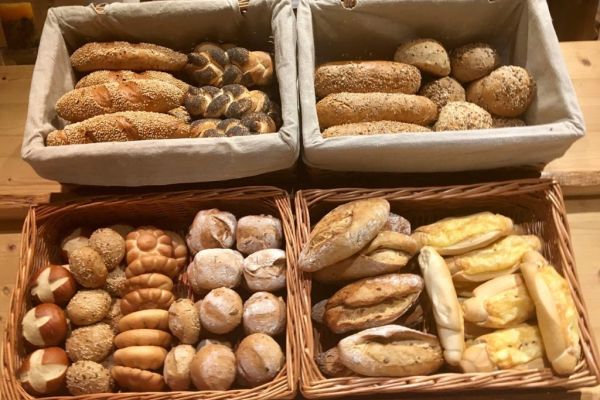Canada's sheltered dairy sector has drawn the ire of US President Donald Trump for its high tariffs, but US farmers say that it is just as galling that exports have spiked from a country largely closed to importing dairy from other nations.
Canada controls dairy supplies, prices and imports, and the system has recently become the main target of Trump's verbal attacks, amid talks toward a new trade agreement.
Even as Canadian politicians have defended the need to protect the industry from outside supplies, Canadian exports of skim-milk powder more than tripled, to 71,880 tonnes, in 2017 from a year earlier, worth C$173 million ($133 million), according to Statistics Canada data. Still, Canada accounts for less than 3% of global trade, according to Canadian think tank and research firm Agri-Food Economic Systems.
Undercutting World Prices
Canada cannot expect to have both a protected system and compete globally, US Dairy Export Council chief executive Tom Vilsack said in an interview.
"They have decided to go significantly into the export market by undercutting the world price for milk powder," said Vilsack, who was US agriculture secretary under former President Barack Obama.
Dairy farmers have an outsized influence on Canadian politics, as they are concentrated in the vote-rich provinces of Ontario and Quebec.
Their main lobby group, Dairy Farmers of Canada (DFC), met privately with Prime Minister Justin Trudeau on Tuesday and left feeling comforted.
"He clearly understands our concerns. He stated that not only does he support supply management, he is also committed to our dairy farmers and a robust dairy sector," said DFC president Pierre Lampron.
Price Classes
Canadian processors and farmers implemented a new pricing system, called Class 7, for milk ingredients starting in 2016, over concerns about fast-rising volumes of US milk proteins not subject to high tariffs that were flowing into Canada.
US shipments of the proteins have now tapered off, and the new price class also allowed Canadian processors to produce skim-milk powder at a low-enough price to compete globally. The extra supplies have depressed global prices, Vilsack said.
"They are essentially transferring the problems that are created by their system," Vilsack said.
The underlying reason for Canada's new price class is that demand for butterfat, used to make butter and cream, is outpacing that of dairy proteins, leaving processors with surpluses of the latter.
US Concerns
Mathieu Frigon, chief executive of the Dairy Processors' Association of Canada, whose members include Saputo, Inc. and Parmalat Canada, Inc., said that he was surprised by the US complaints.
"The US faces the same [issue]," Frigon said, adding that the United States also limited dairy imports with high tariffs – albeit much lower than Canada's. "It's not like their market is wide open."
The United States ships five times more dairy to Canada than vice versa, Frigon said.
US concerns about Class 7 are overblown, said Al Mussell, research lead at Agri-Food Economic Systems.
Canadian sales are "a drop in the bucket", and while skim-milk exports grew fast, that growth cannot continue because Canada's system restricts production, Mussell said.
News by Reuters, edited by ESM. Click subscribe to sign up to ESM: European Supermarket Magazine.














